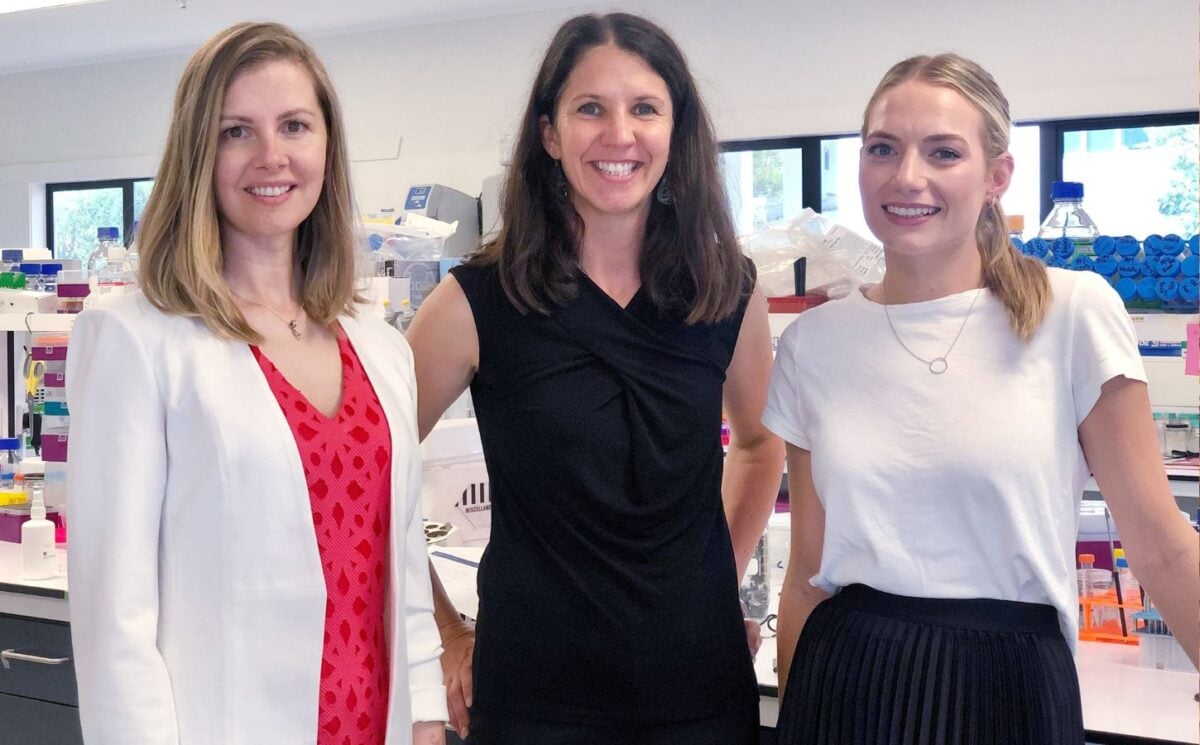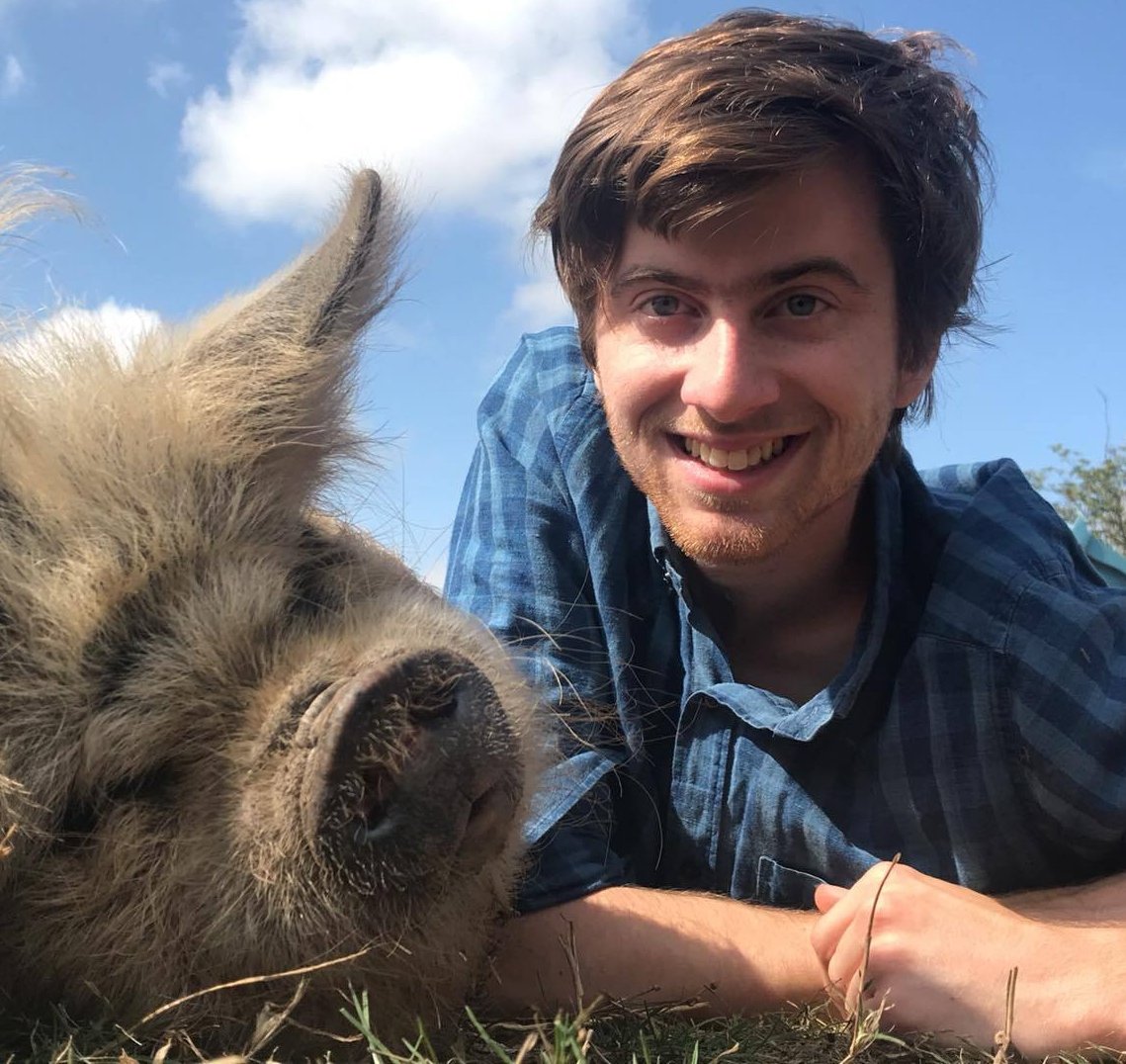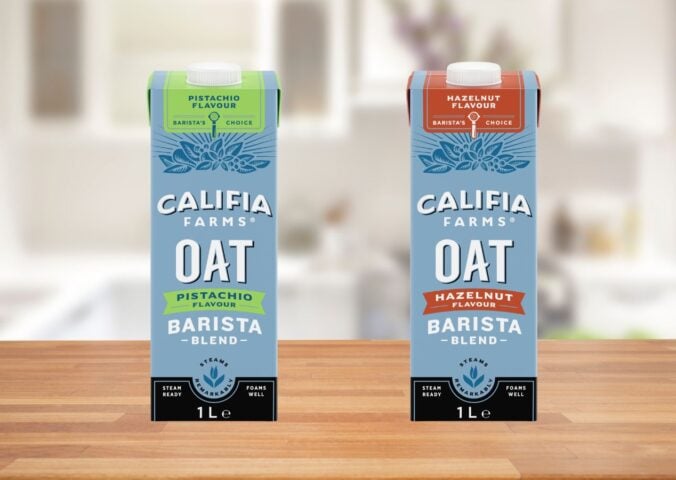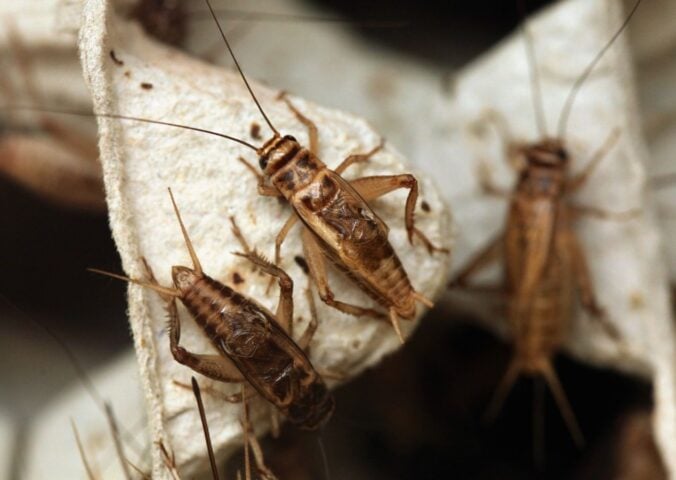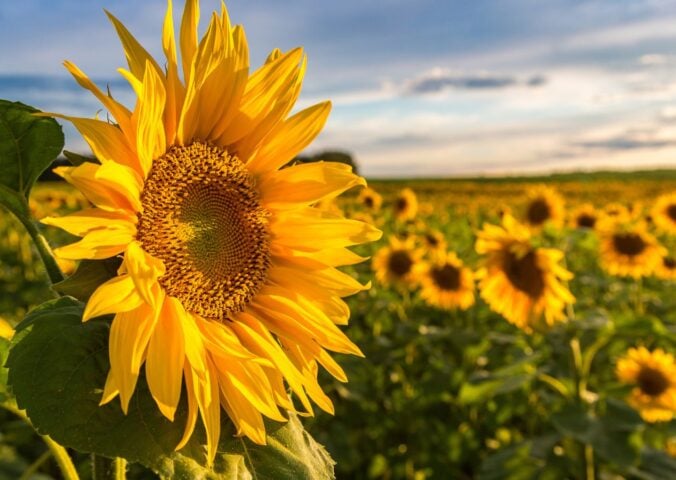New Zealand (Aotearoa) tech company Daisy Lab has successfully scaled up an animal-free whey powder into 10 liter fermenters.
The achievement marks an important milestone for the startup, which aims to make dairy products with “no beast, all yeast.”
Precision fermentation is similar to traditional fermentation, which has been used for thousands of years to make bread, beer, and wine. The process uses micro-organisms to produce specific proteins, enzymes, vitamins, and more.
Irina Miller, co-founder and CEO, told Plant Based News (PBN): “The scale-up process from several milliliters to 1L and subsequently 10L is an important step. Our yield has increased by about 15-20 times. It is an amazing outcome.”
Daisy Lab makes whey without the animal
Campaigners have long heralded precision fermentation as a way to create the same ingredients found in animal meat but without the animals.
Now, the researchers at Dairy Lab have proven that it is possible with whey protein powder. Established in 2021, the three founders – Irina Miller, Nikki Freed, and Emily McIsaac – developed three whey protein expression systems using yeast. Less than three years later, the trio have ticked off the early steps to full scalability.
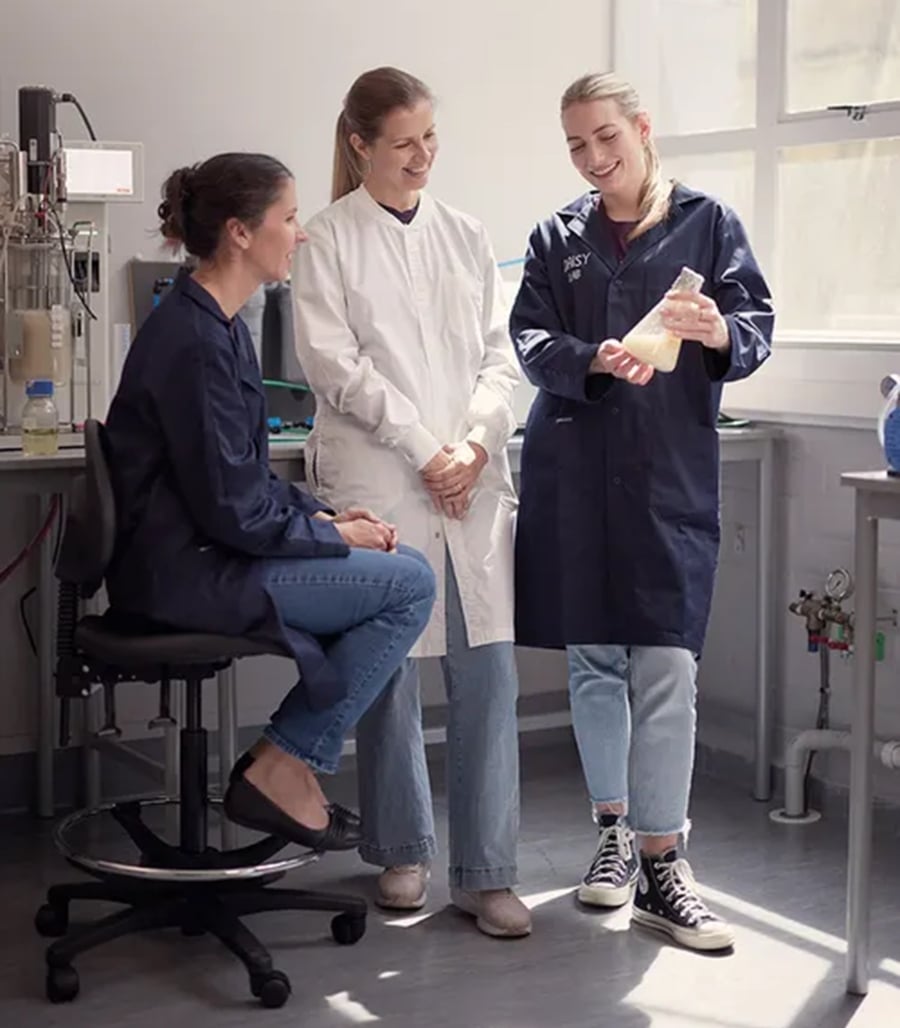
“Once the microbial culture goes from a flask into a fermenter, you can control multiple conditions and make yeast ‘happier’,” Miller told PBN. “The yield always goes up in the fermenter – one just never knows by how much. It can increase by a factor of 2 or by a factor of 20.”
Further tests lie ahead before it is all systems go. “The next milestone is scaling to 1,000L fermenter and setting up a pilot plant,” she added.
The problem with dairy
Dairy is widely seen as a cruel and unsustainable industry – for people, cows, and the planet.
The dairy industry is one of the biggest contributors to New Zealand’s greenhouse gas (GHG) emissions. MILKED, a documentary released in 2022, shone a light on the destruction and deceit of Fonterra, one of the world’s largest dairy producers and New Zealand’s biggest company.
In the documentary, viewers can see the horrifying impacts of dairy on soil quality and freshwater supplies. Meanwhile, dairy farmers share their stories of debts accumulated as result of Fonterra’s business model, as well as the resulting mental health struggles they face. Hidden camera footage completes the picture of an industry that abuses people, animals and planet. In every stage of the dairy cycle, cows suffer emotional and physical pain and misery.
Environmentally, the potential land use saving alone makes precision fermentation a significant climate solution. Raising animals uses around 26 percent of the world’s ice-free land. Additionally, 33 percent of croplands are used to grow feed for these animals. The impact hits in some of the most vulnerable parts of the world. Around 91 percent of Amazon deforestation is linked to animal agriculture.
